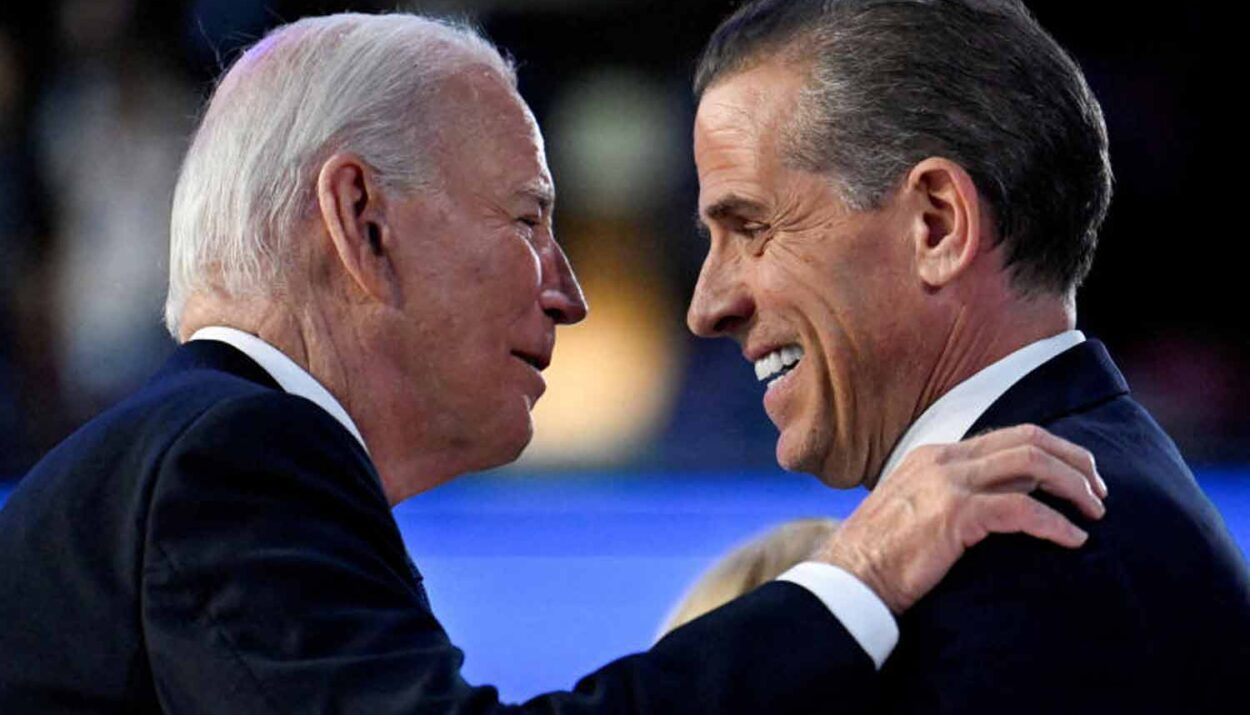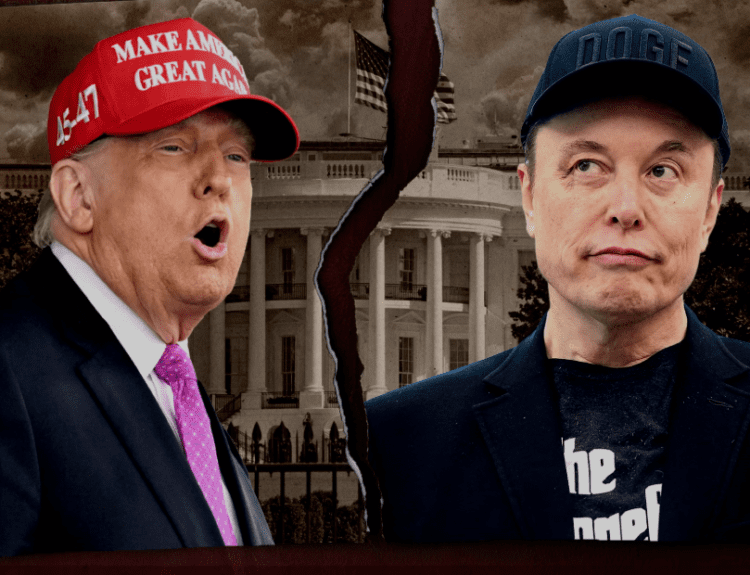President Joe Biden issued a controversial pardon for his son, Hunter Biden, covering an extensive 11-year period from January 2014 to December 2024. This decision follows Hunter’s convictions on federal gun and tax charges earlier this year, despite Biden previously ruling out such an action.
- The Pardon:
- The sweeping pardon covers any potential crimes committed by Hunter over 11 years.
- Biden justified the move, citing a “miscarriage of justice” and attacks from political rivals.
- Contradictions:
- In June, Biden explicitly stated he would not pardon his son, expressing satisfaction with the trial’s fairness.
- As recently as early November, White House officials reiterated there was no intention to issue a pardon.
- Historical Context:
- While presidential pardons are not uncommon, this is the first instance of a president pardoning their own child.
- Notably, former presidents Bill Clinton and Donald Trump pardoned family members, though not their children.
- Hunter Biden’s pardon is unusually broad, both in scope and timing, as it applies before his sentencing.
- Republican Backlash:
- President-elect Donald Trump criticized the pardon as an “abuse.”
- House Oversight Committee Chair James Comer accused Biden of shielding Hunter from accountability.
- Criticism of Length:
- Experts, including Jeffrey Crouch of American University, called the pardon’s 11-year duration “highly unusual.”
- Traditionally, pardons follow a five-year waiting period after sentencing.
- Comparisons with Trump Pardons:
- Biden has previously criticized Trump’s use of pardons, including those for war crimes and political allies, as undermining the rule of law.
- Critics note Biden’s actions now echo the same criticisms he leveled against Trump.
This unprecedented pardon has intensified scrutiny of the presidential pardon process and sparked debates about its use in politically sensitive cases.










